Blower Door Testing & Duct Leakage Testing
We perform both residential and commercial Blower Door Testing and Duct Leakage testing for in Pennsylvania, New Jersey and Delaware. We work with homeowners who suspect they have air infiltration issues and contractors who are required to perform testing to close out building permits.

Locally Owned and Operated

Free Consultation
Experienced Staff

Affordable Rates And Quality Work
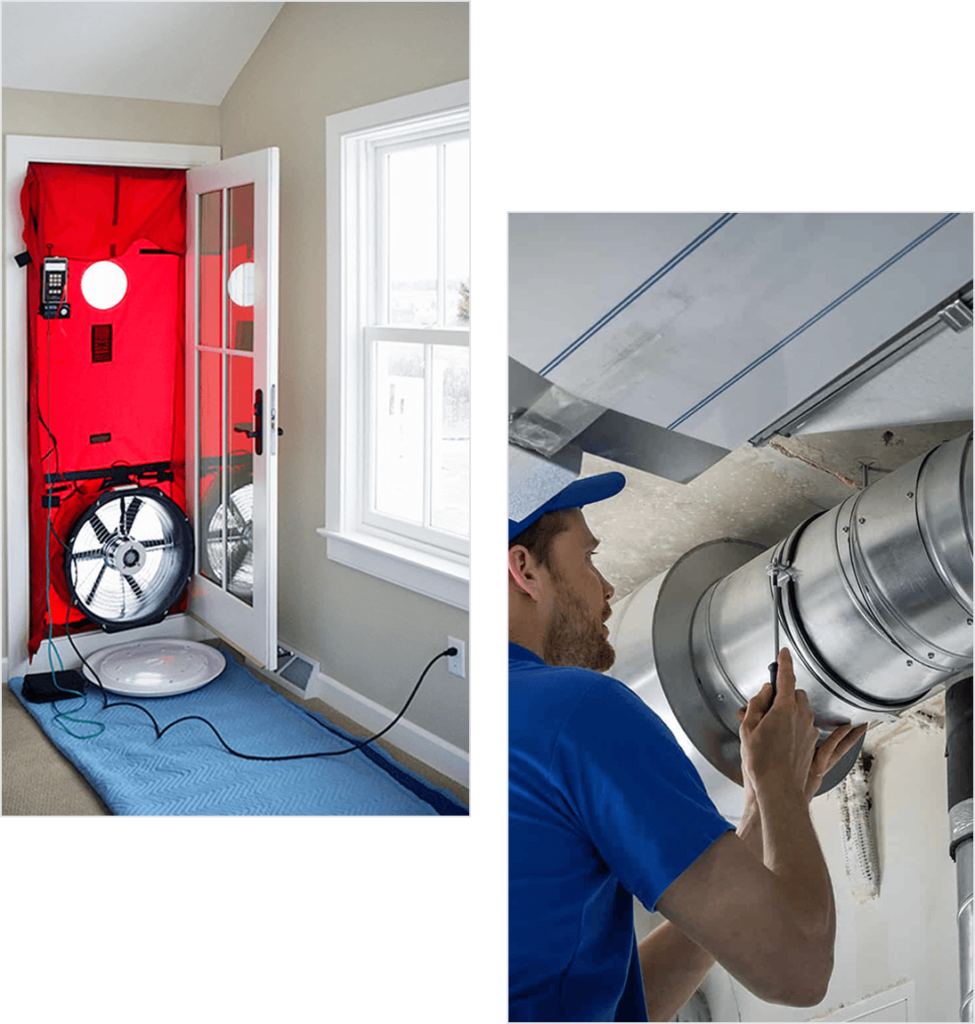
We gives you an idea of the energy efficiency of your home.
A Blower Door Test measures the air changes per hour in a home. It’s normal for air to change and that’s a good thing to keep fresh air. Excessive air changes however, require the new air to be reheated or cooled causing significant energy loss.
A Duct Leakage Tests measures the home for leaks in the homes ductwork. It is estimated that 30% of the air which we pay to heat or cool is lost to leaks in the ductwork system. This lost air may end up in the walls, an unfinished basement, attic or crawl space. The duct blaster machine puts a number on the amount of duct leakage and helps us find and repair leaks.
The state of Pennsylvania has adopted the 2015 IECC, International Energy Conservation code for single family buildings and the 2018 International Energy Conservation code for multi-family buildings. The change will have some significant implications for home builders and HVAC contractors operating in the state.
The codes state that each house or unit built must undergo a mandatory Blower Door Test. If you are installing an HVAC unit out of the buildings envelope such as in a basement or crawl space you will be required to perform a Duct Leakage Test as well
Need Any Help or Have a question?
We are always here for you feel free to contact us any time or Give us a call at 267-715-0155 to discuss in detail.
Resources
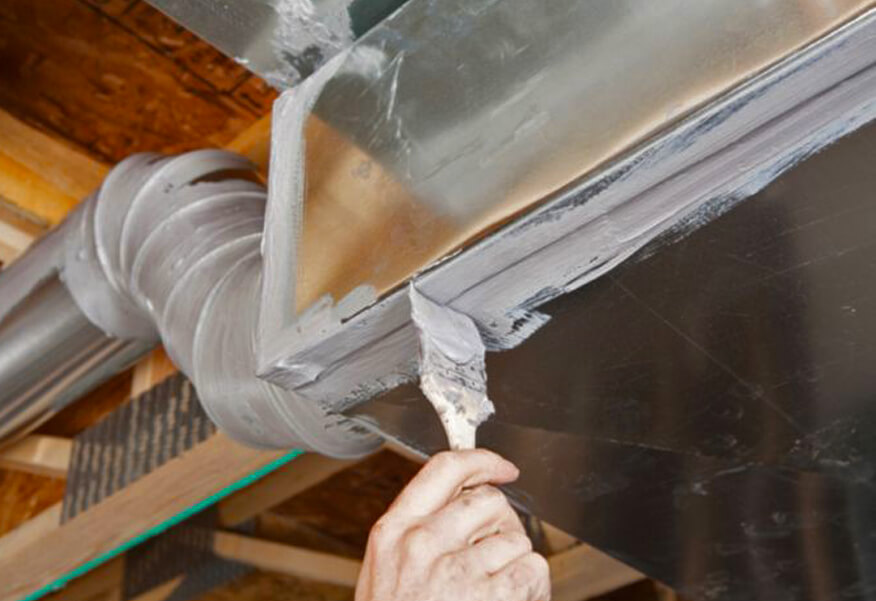
How To Find And Fix Leaky Ducts
Did you know that about 30 cents out of every dollar that you spend on your heating and cooling bills is actually lost to leaks
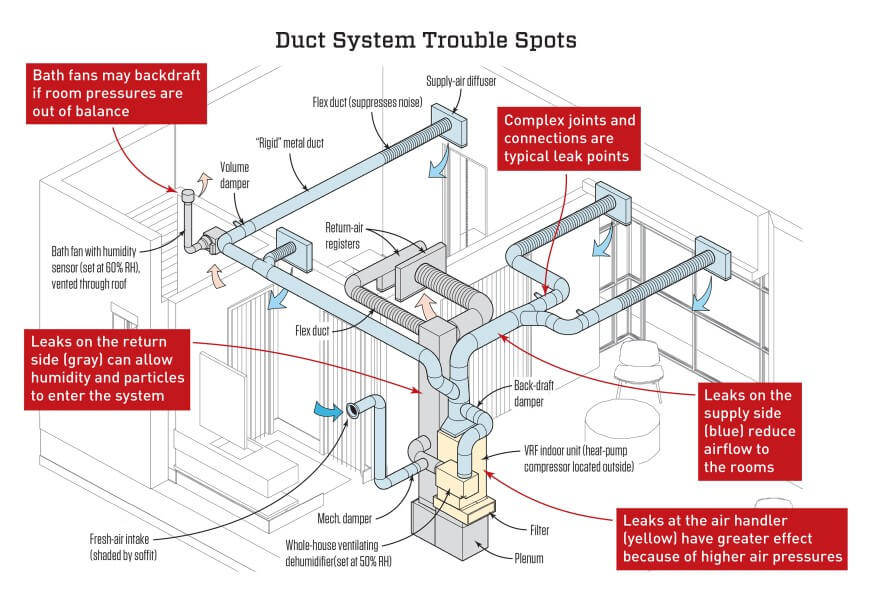
How to Pass A Duct Leakage Test?
Anticipate potential air leaks ahead of time. Only use high quality duct mastic and duct seal tape Make sure to seal all connections and joints
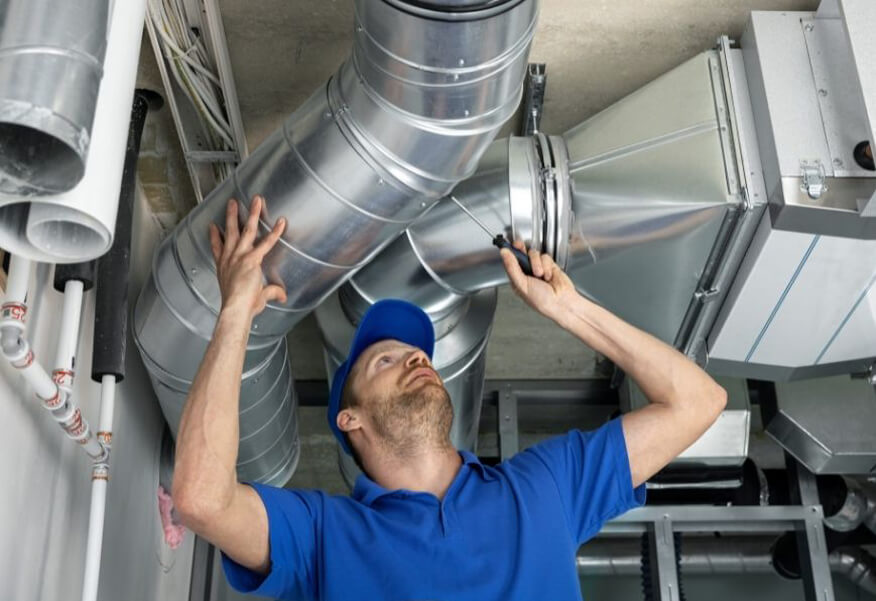
Allowable Duct Leakage
According to the 2015 IECC, (International Energy Conservation Code) a duct leakage test is required when any part of the duct or the air handler